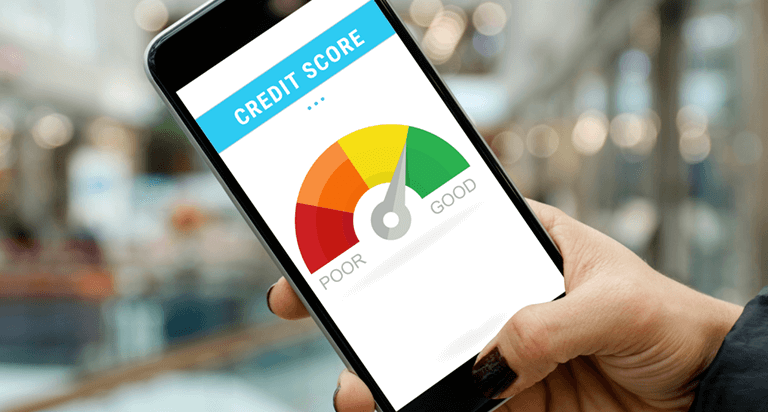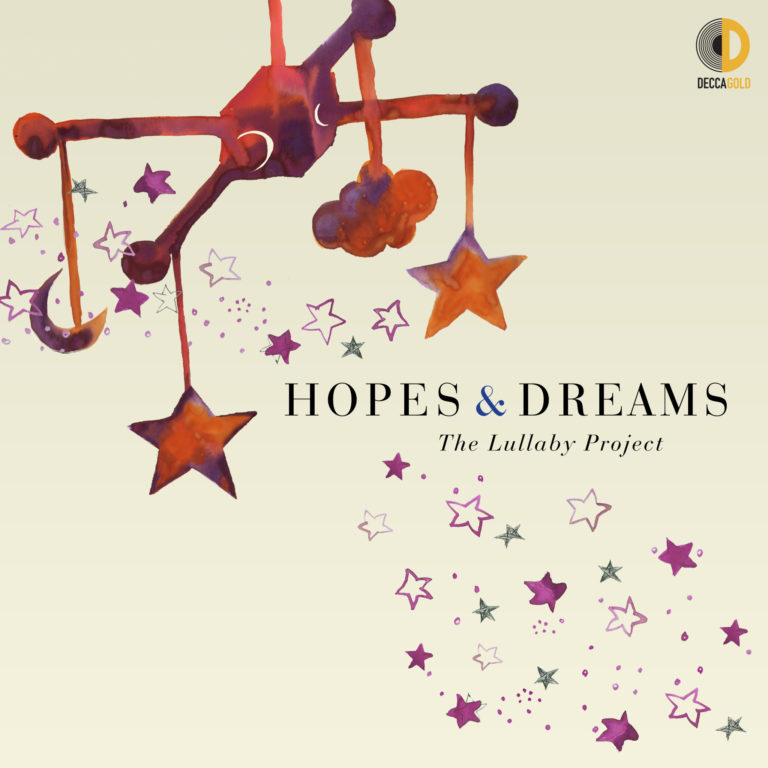Credit Scores: Everything you Need to Know
With the implications of COVID-19 and lockdown still looming large in the minds of many and unemployment figures rising by the day, there’s never been a more important time to ensure your credit score is healthy. Right now, is such an important time to be checking up on it and learning how you can fix it if it’s not necessarily in the best shape.
If you need a financial boost and your score isn’t quite where you want it to be, don’t worry.
You won’t automatically be ruled out by certain lenders that offer bad credit loans. Typically, the application will involve a check to help make sure that you can afford the repayments. And if you make your repayments in full and on time, this could even help improve your score.
What is a credit score?
Even if you’ve never thought about what your credit score is, there’s a good chance that you have one! Credit agencies keep records of your financial history – opening new bank accounts, making regular repayments etc. – and this information is used by other lenders and companies to judge whether you are suitable for different financial products.
The higher your score, the more likely you are to be accepted for different products – whether it’s a bank loan, mortgage or mobile phone contract, so understanding how your score is calculated and how you can improve it is vital – especially amid the uncertainty in today’s world influenced by the pandemic.
What impacts your credit score?
91% of people quizzed in a study by Dot Dot Loans agreed that it’s always beneficial to know your credit score. The four major credit agencies in the UK will all let you check your information for free – but bear in mind that your score may be different for each agency, depending on the information that they have about you. Here are the major factors that impact this score:
- Payment history – Whether or not you have kept up with repayments on previous loans and contracts is a crucial sign to future lenders.
- Utilization – This measures how well you’re utilizing your available credit and gives a picture on how reliant you are on non-cash funds.
- Credit length – How long you’ve held a credit account will make up a portion of your score. This is why it can be wise to have a credit card that you’re paying off regularly, even if you barely use it.
- Credit mix – This measures the mixture of accounts you’ve held and how well you’ve been able to manage those accounts together.
- New credit – Finally, the more new credit accounts you’ve recently opened, the lower your credit score is likely to be.
Fixing a low credit score
There are several things you can do to boost your credit score, including adding your name to the electoral register and checking with the different agencies to determine whether your information is correct and up to date.
For the most part, though, it’s a long-term process – paying off what you owe regularly and on time can see your score improve over time.



